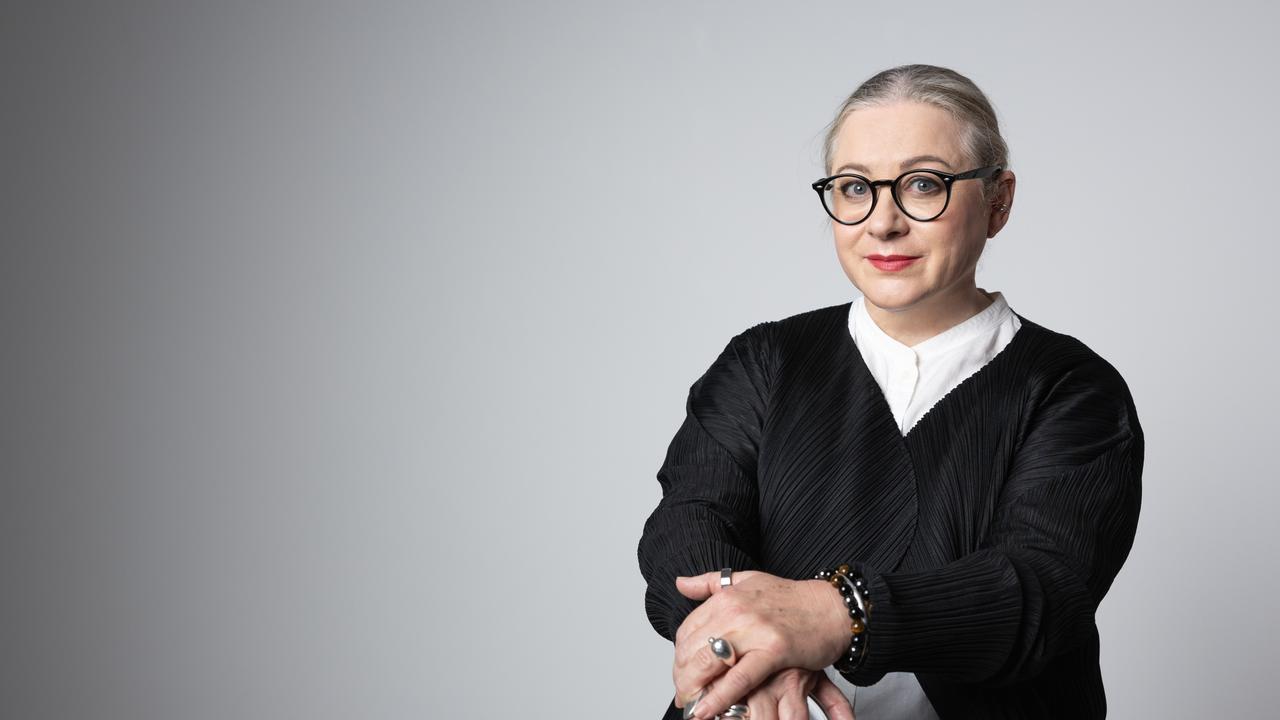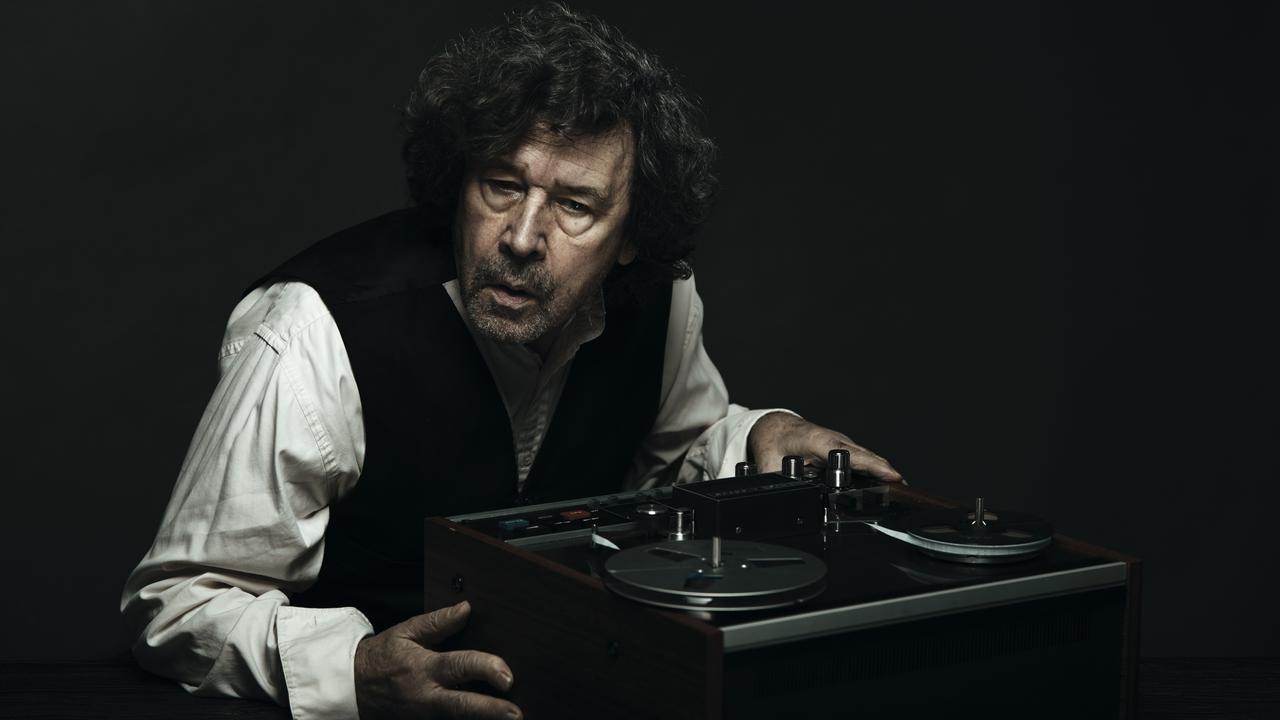A critic who raises sights - and brows
A GENERATION of critics raised on the pioneering highbrow-lowbrow of Susan Sontag and Clive James now apparently has no brow at all.
WHAT is the big difference between today's critics and those from the past? between Samuel Taylor Coleridge and James Wood? Between John Ruskin and Sebastian Smee? It is that contemporary examiners of literature, visual arts and music must incorporate newer cultural forms or philosophical currents into their discussions; they must have knowledge of distinct, even apparently oppositional cultural vocabularies and canons.
"High" culture was once the only game in town. If a 19th-century composer plundered folk art for material this was accepted in much the same way as marriage between impoverished nobility and the risen merchant class: an acceptable transaction as long as it raised the latter rather than lowered the former.
Even when popular culture emerged, critics engaged with it as a guilty private pleasure rather than material for public discussion. TS Eliot might have smuggled slapstick into his post-war verse but his essays and lectures remained forbiddingly high-minded. During the 1940s and 50s Theodor Adorno helped found cultural studies - the first intellectual movement to critically examine mass culture - yet the man openly loathed jazz.
Cut to today and things are very different. A generation raised on the pioneering highbrow-lowbrow criticism of Roland Barthes, Susan Sontag and Clive James now apparently has no brow at all. A typical New Yorker column by music critic Alex Ross will celebrate a new recording of Palestrina's Renaissance polyphony alongside a film soundtrack by Radiohead guitarist and composer Jonny Greenwood. London Review of Books stalwart Andrew O'Hagan devotes essays to gaming culture. Gifted newcomer Elif Batuman writes exquisite personal pieces about buying books online while drunk.
Perhaps the most extreme instance of this new hybridity is Daniel Mendelsohn, a critic mainly perched at the august New York Review of Books whose traditional classical education is often placed at the service of pop culture. Take the opening essay of this collection, on James Cameron's 2010 blockbuster Avatar:
The awed appreciation for superhuman powers - and an understandable desire by human weaklings to lay claim to them, in times of great duress - that recur in Cameron's work surely betrays a lingering trace of his formative encounter with The Wizard of Oz. That movie famously shows us a helpless 12-year-old, set loose in a strange world inhabited by scary monsters and powerful aliens, discovering her own hitherto unknown powers - and learning, in the end, that certain supposedly supernatural powers are produced by knowing how to manoeuvre the right gears and levers.
The discovery of an old-fashioned narrative at the foundation of Cameron's most recent and technologically dazzling film is typical of Mendelsohn's archeological method. Whether dealing with Ransom, David Malouf's novelistic expansion of the final book of The Iliad, or the brutal Euripidean tragedy that undergirds Jonathan Littell's controversial Nazi-era novel The Kindly Ones, the American critic brings a binocular intelligence to bear.
On one hand he approaches texts, operas, films - all the objects of today's cultural landscape - with the democratic omniverousness of a man born in the US in 1960 and breathing pop culture like oxygen. He can gasp with pleasure at Avatar and effortlessly untangle its digital fantasia of colour and light. On the other, the Princeton-educated classicist, a reader of Greek and Latin in the original, cannot help but note the recurrence of stories, motifs, images and ideas from the earliest artefacts of Western culture, even in works, such as Cameron's film, that carry an air of absolute modernity. Much of the pleasure in Waiting for the Barbarians, the second volume of Mendelsohn's essays (the first, How Beautiful It Is and How Easily It Can Be Broken, was published in 2008), lies in this application of archaic concepts to the ephemeral productions of the present.
In Unsinkable - on literary and cinematic responses to the sinking of the Titanic - Mendelsohn trawls the kitsch cult surrounding the disaster to isolate its power to fascinate:
This is the drama of a flawed and self-destructive hero, a protagonist of great achievements and overwhelming presumption. The ship starts out like Oedipus: admired, idolised, hailed as different, special, exalted. Sophocles's play derives its horrible excitement from a relentless exposition of its protagonist's fall from grace - and from the fact his confidence and his talents are what prevented him from seeing the looming disaster.
Writing once again of Cameron's fetishisation of the ship's technology in his 1997 film Titanic, "what you could call 'the mechanical tragedy' ", Mendelsohn observes: "The director knew what the Greeks knew: that there is a profound theatrical pleasure, not totally free of Schadenfreude, in watching something beautiful fall apart."
Throughout, Mendelsohn gains his strongest effects (and is most generous) when exploring works that are unconscious of their indebtedness to mythic structures and our culture's foundational literary works. When he is obliged to go head to head with those who share (or presume to share) his knowledge of the classical world, the critical scalpel is more honed. A recent anthology of translations from the Odes of Latin poet Horace by contemporary poets elicits feline swipes:
For my part, I'd be happy with a gay translator who knew Latin as well as he presumably knows degeneracy: Mark Doty, a poet I much admire, seems to think that Horace was a young man during the consulship of someone called 'Planco', probably because the words consule Planco appear in Horace's text; but that's just because Planco is the ablative form of Plancus, the consul's actual name. Such glitches would have been easy enough to correct, had the editorial focus been on Romans rather than Americans.
Mendelsohn's home-ground advantage is not pressed everywhere. There are also essays dealing with contemporary English literature, European literature in translation, and autobiography, in which the critic deals with texts and authors closer to home. He is drawn to the transgressive in modern poetry and prose, and the complications faced by queer authors. He is acute on Allan Hollinghurst, for example.
But it is symptomatic of the paucity of our wider knowledge of classical language and culture that it is the Greek and Latin subjects to which we particularly turn. We're after the glamour of Mendelsohn's learning, the long bow between past and present that he draws. His criticism suggests the distinctions between high and low culture that we have observed in recent centuries overlay a richer and more unified cultural inheritance. Those of us who do not read Greek are the barbarians on whom such wider wisdom must be re-impressed.
Geordie Williamson is The Australian's chief literary critic.
Waiting For The Barbarians: Essays From The Classics To Pop Culture
By Daniel Mendelsohn
New York Review Books, 440pp, $44.95 (HB)



